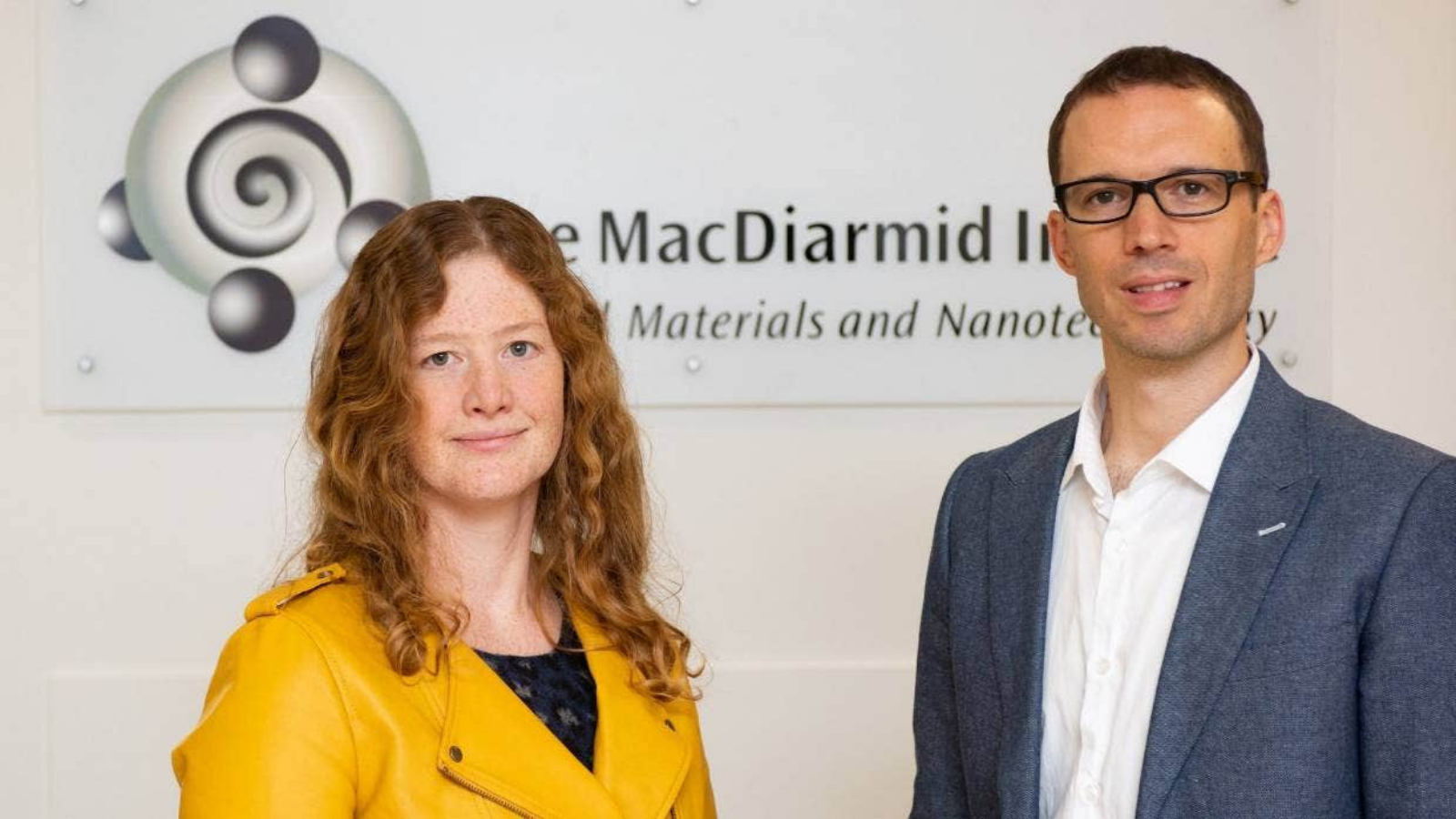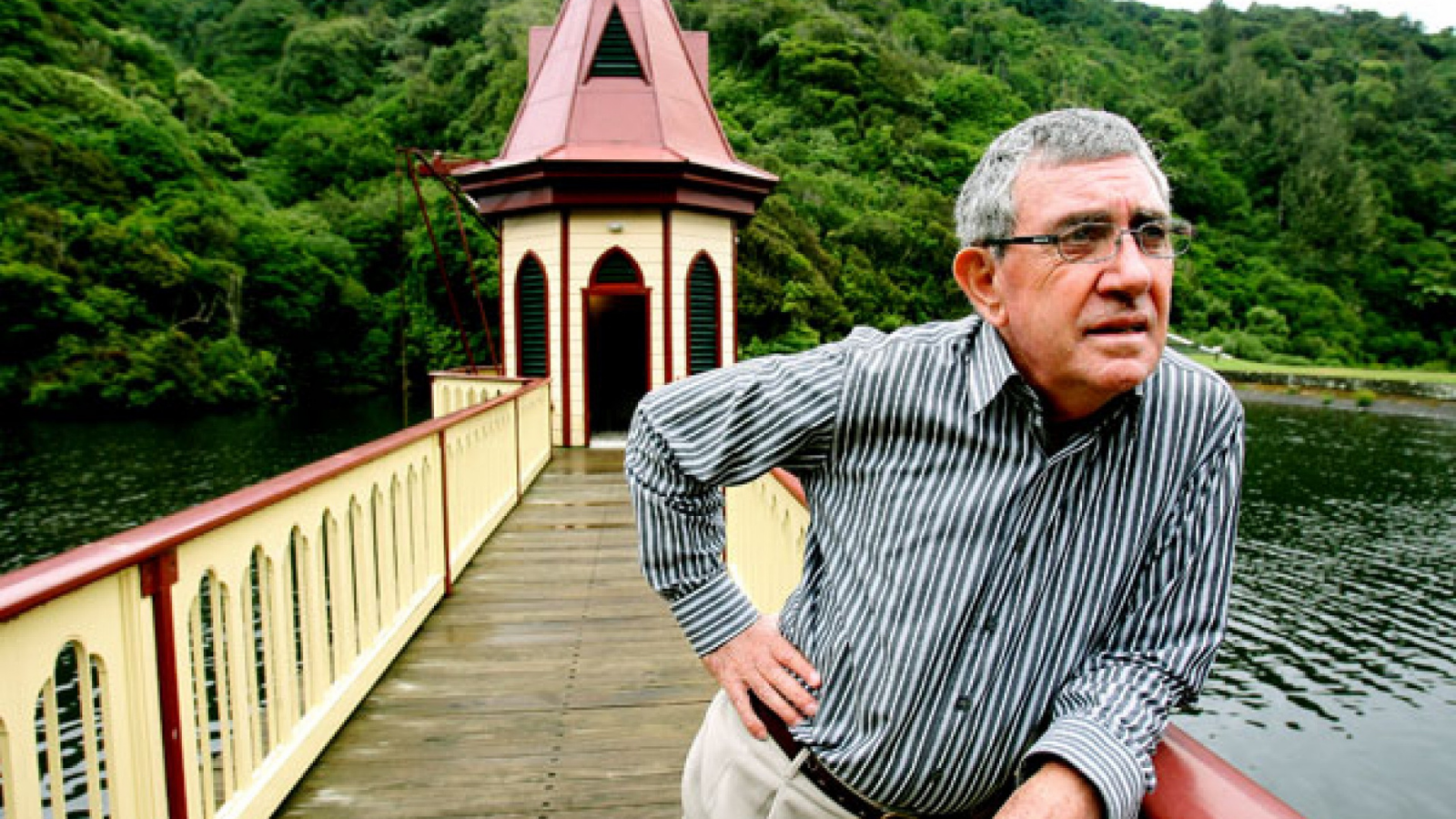Postdocs: the key to NZ's post-Covid recovery
14 October, 2020
This article first appeared in Stuff.
Among all the people in whom we need to invest as we recover from Covid-19, spare a thought for postdocs, a cohort of researchers our tech economy cannot afford to lose.
Growing the pipeline for private sector R&D investment has been both a priority and a challenge for successive governments in New Zealand. Whether through grants to companies, as promoted under National, or the tax credits we have now, the intention has been strongly agreed on – to lift business expenditure on R&D towards 1 per cent of GDP (from 0.6 per cent in 2015). But there’s a piece of the story not well understood – that R&D-intensive companies are strongly dependent on the availability of postdoctoral research skills.
Most people have little idea of what a postdoc is and, even within universities, their role is often misunderstood. Postdocs are dismissed as academics in training, but we have significant evidence of their importance in growing private sector research: MacDiarmid Institute PhD graduates have used postdoc opportunities to found start-ups, that develop anti-microbial coatings for our hospitals, or instrumentation for rapid analysis of food and beverages. This work is built on their PhD research, but translated to industry through a couple more years of research – their “postdoc” years.

Co-Directors Nicola Gaston and Justin Hodgkiss
When our national postdoctoral funding scheme was cut 10 years ago, it was expected New Zealanders would move overseas as postdocs, and then be enticed home – if lucky enough. But many researchers need to stay in New Zealand to realise the benefits of their PhD research, which may be quite specific to New Zealand. This assumed overseas pathway is a real concern for Māori and Pacific researchers, who remain shockingly underrepresented in the New Zealand research ecosystem.
Covid-19 has now cut the international path away from even the privileged few – and we should rethink it.
Sir Paul Callaghan, founding director of the MacDiarmid Institute, advocated for culture change in science, for greater entrepreneurialism beyond the lab bench. That culture is here: our 2019 survey of 165 MacDiarmid Institute alumni found most are now employed in technical roles in New Zealand industry and start-ups.

The late Sir Paul Callaghan, founding director of the MacDiarmid Institute
What kinds of jobs are we talking about? Well, five of our alumni are employed by award-winning green-tech startup Mint Innovation, recently profiled on CNBC news in the US for their pioneering processes to recover valuable metals from e-waste. Alumnus Jonathan Ring is CEO of Zincovery, which recycles acid waste from the galvanising industry and just won the C-Prize – the Callaghan Innovation $100,000 prize for environmental solutions through technological innovation.
As Sir Paul once said: “A hundred inspired entrepreneurs could turn this place around.”
The tech sector was already our third-biggest export sector pre-Covid – behind dairy and tourism – and growing at 10 per cent year-on-year. By the time today’s PhD students enter New Zealand’s tech workforce, they will be contributing to our most valuable export sector. Growing tech capability is well supported by investors globally, and as New Zealanders, our values point us towards sustainable, high productivity, intergenerational activities that require expertise to be developed – in people like postdocs.
The Māori economy has long held and advocated for similar values and it is no coincidence they have been considerably ramping up knowledge-intense entrepreneurial activity in recent years. Notably, a strong focus for Māori (through organisations like FOMA Innovate, of the Federation of Māori Authorities) is support for rangatahi – young people nurtured for a lifetime of leadership. The parallel in academia is our postdoc cohort. This is not a group our economy can afford to lose.
When Covid-19 first hit us, we worried about continued funding of postdoctoral researchers, that we would lose them overseas, or from the research ecosystem. Last month, we were asked to report to MBIE and Universities NZ on the number of PhD graduates we know who have been unable to take up a postdoctoral position overseas this year alone. The number amounts to over half the number of PhD students we fund.
A nationally contestable postdoctoral funding scheme would create opportunities for people ready and willing to actually build the shovels we need for a future-focused economy.
We need to invest in people to recover from Covid. The wage subsidy was a clear priority, and minimum wage increases also. Our young researchers are also a priority, and one we need to look to as 2020 comes to an end, with urgency: supporting postdocs now is an opportunity the NZ economy cannot afford to miss.


